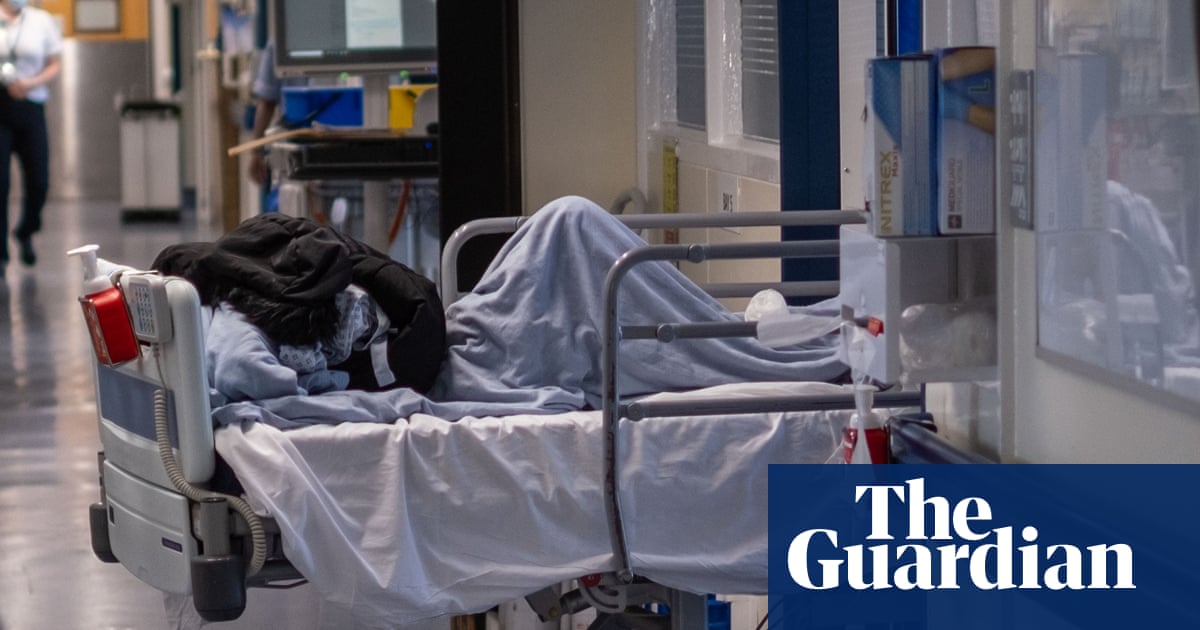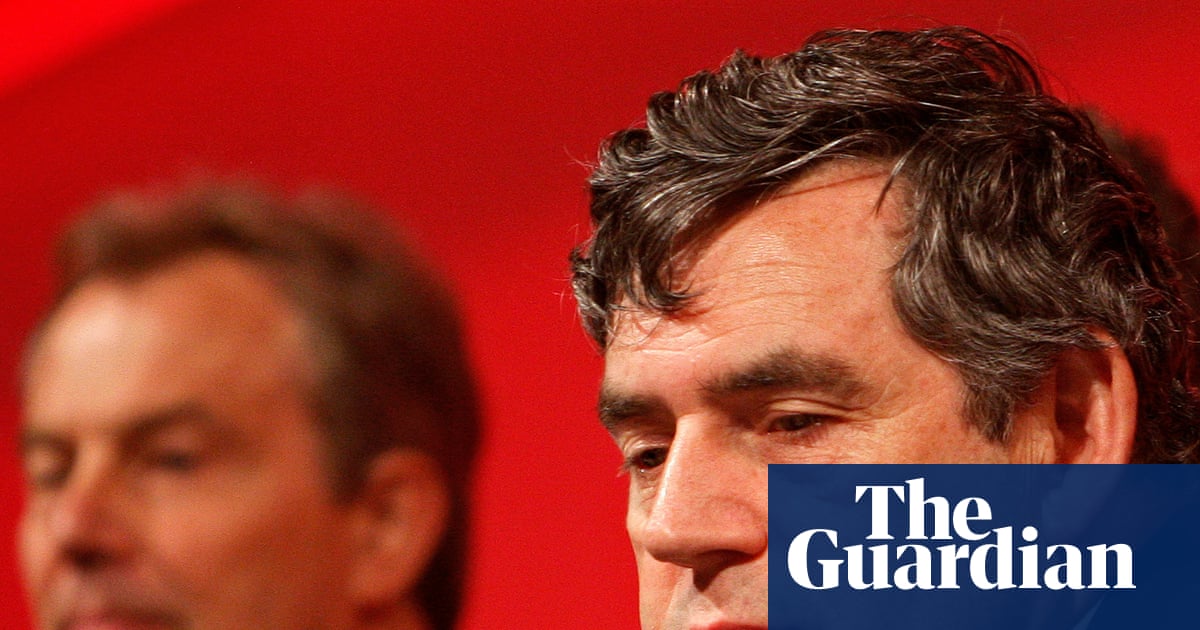Nexperia, the EU-based automotive chipmaker at the centre of a geopolitical dispute, has suspended supplies to its Chinese factory, stepping up a trade war that threatens to halt production at carmakers around the world.
The company wrote to customers this week informing them all supplies to a Chinese plant had been suspended.
In September, the Netherlands used national security laws to take control of the chipmaker, citing concerns that its Chinese owner, Wingtech Technologies, was planning to shift intellectual property to another company it owned. The Dutch government said that threatened the future of European chip capacity, and removed the Wingtech chairman, Zhang Xuezheng, as chief executive.
China responded by halting exports from all Nexperia’s factories in China, prompting warnings this week that the embargo would force production lines at EU car factories to close within days.
An extended blockade threatens the supply chain, because many Nexperia products manufactured in Europe – including the wafers from which chips are cut – were previously shipped to the Chinese factory for packaging and distribution.
Nexperia’s interim chief executive, Stefan Tilger, wrote that he had suspended shipments to the Dongguan factory, in the southern Guangdong province, on Sunday, saying it was “a direct consequence of the local management’s recent failure to comply with the agreed contractual payment terms”, according to extracts first published by Reuters.
Nexperia said it still hoped to resume shipments, and wanted to de-escalate the situation. A person with knowledge of the situation said shipments could resume if the contractual payments were made. The company will also continue to ship products to a factory in Malaysia, which is smaller than its Chinese plant.
A succession of carmakers have warned of the possibility of shortages of components that are crucial throughout modern cars.
The automotive industry suffered from severe semiconductor shortages in the wake of the coronavirus pandemic, but these affected more advanced chips, rather than the cheaper power control ones made by Nexperia. The company generally ships more than 100bn products a year, to be used in parts ranging from airbags and adjustable seats to wing mirrors and central locking.
Nissan said this week it had enough chips to last until the first week of November, while rival Honda said it had suspended production at a plant in Mexico. Mercedes-Benz said it was “covered” in the short term, but it was looking for alternatives. Volkswagen signalled on Thursday that its annual profit targets were at risk without sufficient chips.
However, Toyota, the world’s largest carmaker, told reporters at a car show in Tokyo on Friday that it was not facing a major supply problem, even if it could eventually face a hit to production.
The German Association of the Automotive Industry (VDA) said on Thursday it feared “significant production restrictions in the near future, and possibly even production stoppages” if the Nexperia situation could not be resolved soon.
after newsletter promotion
The EU’s tech chief, Henna Virkkunen, will meet Nexperia leaders on Friday to discuss the crisis.
British operations may also be affected. Nexperia produces some chip wafers in Manchester, in a factory set up originally by the Dutch manufacturer Philips.
Nexperia previously owned another UK factory, in south Wales, but was blocked from completing a takeover of Newport Wafer Fab by the UK government on national security grounds, because of its ultimate Chinese owners. The US semiconductor company Vishay Intertechnology eventually agreed to buy the factory in November 2023.
Wingtech was approached for comment.

 1 month ago
37
1 month ago
37

















































